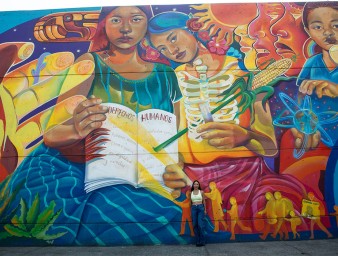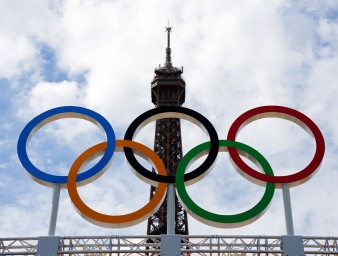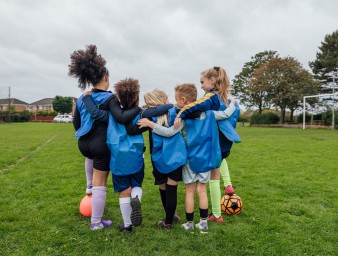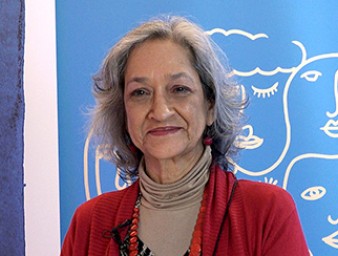Promoting sustainable and inclusive growth in business
13 October 2023
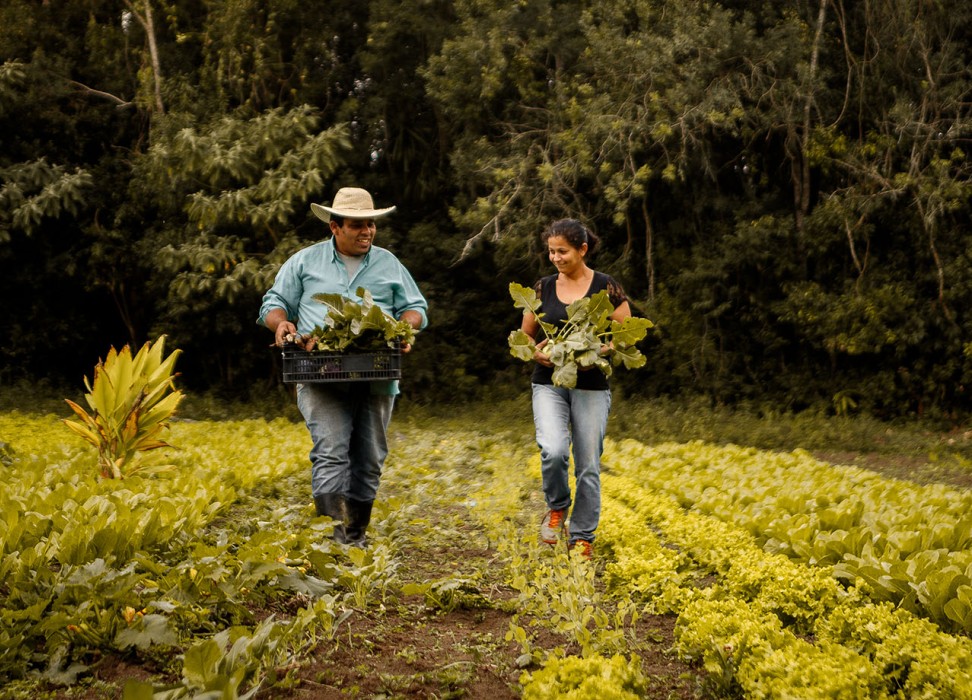
When Miguel Ángel Barboza López worked as a lawyer for the Inter-American System of Human Rights he met Melchora Surco, a farmer from Espinar, Cusco, Perú.
She was struggling with debilitating health issues related to the heavy metals produced by the mining facility in her town. Her grandchildren and some members of her family were also sick with the same issues. Many of the people living near the mine company in Espinar had been diagnosed with several health problems, such as pneumoconiosis and cancer.
According to Amnesty International, in 2013, the National Center for Occupational Health and Environmental Protection for Health — a government agency that evaluates toxic metals — took blood and urine samples from 180 people from the Espinar area to evaluate for 17 toxic metals. “Every person assessed had at least one toxic metal detected in their system, and 52 people had levels above the World Health Organization’s maximum limit,” according to Amnesty International.
“It is important for everyone to hear her story and understand the lasting pain from the pollution that could have been avoided if the mining company had been more respectful to those living in Espinar,” Barboza said.
Business enterprises are a major source of investment, innovation, and development and can be a major driver in achieving the Sustainable Development Goals. At the same time, economic activity can also pose significant risks to human rights, according to Lene Wendland, Chief of UN Human Rights’ Business and Human Rights Unit.
“In the face of the urgent challenges confronting our society today – including the dramatic rise in inequality and the triple planetary crisis of climate change, biodiversity loss and pollution – and the need to accelerate efforts to meet the SDGs, the single biggest contribution business can make is to effectively implement the responsibility to respect all human rights across their value chains,” Wendland said.
UN Human Rights takes the lead within the United Nations systems on business and human rights. The Office has been instrumental in holding business enterprises accountable for human rights abuses when it created the UN Guiding Principles on Business and Human Rights (UNGPs) twelve years ago. The UNGPs led to game-changing progress on how to do business with respect for human rights. The UNGPs were unprecedented in their wide acceptance and impact.
“This has become a globally accepted authoritative framework that everyone can rally behind,” Wendland said.
The UNGPs changed the expectations of how companies should do business. Before the Guiding Principles, the extent to which human rights applied to business was once a divisive and polarizing topic. The UNGPs quickly became the global standard for countries and companies to use as their universal manual to prevent, address and remedy human rights abuses connected with business activities.
Unanimously endorsed by the UN Human Rights Council in 2011, the UNGPs provide a common language for all stakeholders regarding the expected roles of businesses and States in relation to human rights, said Wendland. Today, the UNGPs is the most downloaded publication on OHCHR’s website. OHCHR develops guidance and training that assist with the implementation of the UNGPs for countries, business, civil society, and other stakeholders. The Office does this by providing advice and tools, as well as support capacity building on business and human rights to all stakeholders.
Responsible business
The business and human rights team also lead on several initiatives that support specific priorities and geographic areas including the Responsible Business Conduct in Latin America and the Caribbean (RBCLAC), co-organized with the UN Working Group on Business and Human Rights, the International Labour Organization (ILO), the Organisation for Economic Co-operation and Development (OECD) and financed by the European Union (EU).
In its fourth year, the project aims to promote smart, sustainable, and inclusive growth in the EU and Latin America and Caribbean by supporting responsible business conduct practices in line with the UN, ILO and OECD instruments, including the UNGPs. So far, the project has been implemented in Argentina, Brazil, Chile, Colombia, Costa Rica, Ecuador, Mexico, Panama, and Perú.
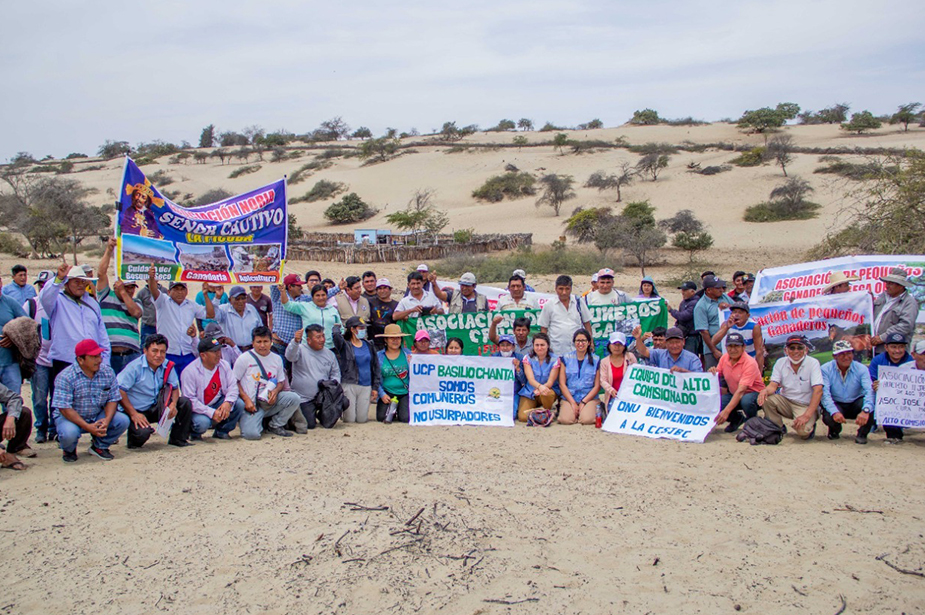
The community of Catacaos, Perú is in conflict with the agricultural company in their town. UN Human Rights visited to monitor the situation. © Coordinadora Nacional de Derechos Humanos
Fernanda Hopenhaym, Representative of the Latin American and the Caribbean Region for the Working Group on Business and Human Rights said RBCLAC has been instrumental in promoting the UNGPs in the region. Hopenhaym said the project has given diverse communities the opportunity to engage with governments and companies, including providing more opportunities for women to further participate.
“It’s not flawless, of course, as anything is, but I think it’s a serious commitment and serious work that is being done,” she said. “All the sectors have received training and have participated in different spaces with the project.”
Hopenhaym said the RBCLAC team also supports governments to promote and push for the development of action plans to implement the UNGPs.
“There is also engagement with the private sector, from capacity building to creating spaces for them to meet and discuss challenges with regards to human rights in the context of their activities,” she said.
The UN Global Compact, one of the largest is the world's largest corporate sustainability and corporate social responsibility initiative, with 13,000 corporate participants and other stakeholders in over 170 countries, supports Hopenhaym and her team in connecting to the private sector and the UN Global Compact’s local network in Latin America.
“We stand for responsible business, and we join businesses on their journey towards sustainability,” said Teresa Moll de Alba, Senior Manager, Latin America and Caribbean, UN Global Compact. “A company may see this process as an expense, but we need to change that way of thinking and have them see it as a real investment towards a responsible, inclusive, sustainable business.”
Moll de Alba said that her work with UN Human Rights’ RBCLAC project is helping to facilitate this journey as the Office provides meaningful support and guidance to work on how to work together with these communities to guarantee the respect of human rights and to ensure a healthy environment.
“
I think everybody needs to step up their game, so I hope the RBCLAC project can support and provide a platform for that.
“
Fernanda Hopenhaym, Representative of the Latin American and the Caribbean Region for the Working Group on Business and Human Rights
Hopenhaym said the RBCLAC team has also worked with civil society and indigenous peoples, again through workshops and different engagements, to create spaces for them to come together as a community of practice.
In Perú, Surco’s lawyers were able to take one of these workshops to learn more about business and human rights. This is how Surco’s lawyers helped her to understand that she had a case against the mining company, bring the case to the Inter-American Commission of Human Rights (precautionary measures), and continue litigating the case before local courts. Barboza continues to give more visibility to this case at the international level.
“You can see how this project has had an impact in the region,” Hopenhaym said. “Companies need to take this seriously and do their job to prevent and remedy harm, while States need to accelerate action and really fulfil their duties to protect human rights.”
